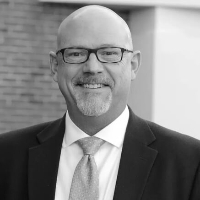Shiloh RICO Act Lawyer, North Carolina
Sponsored Law Firm
-
 x
x

Click For More Info:
-
The Law Offices of Richard L. Cooper, P.A.
848 Brickell Avenue Suite 800 Miami, FL 33131» view mapDWI/DUI, Drug Trafficking, Felony Nationally Ranked Top 40 Under 40
With Richard L. Cooper you can expect a trusted confidant who will work diligently to fully understand your case and determine a road map to help you regain control of your life.
800-756-2781
Not enough matches for Shiloh RICO Act lawyer.
Below are all Shiloh Criminal lawyers.
Christan C Routten
✓ VERIFIEDChristan grew up in Smithfield, Virginia and graduated as Salutatorian of her class at Smithfield High School in 1997. She attended the University of ... (more)
Andrew T. Shilling
✓ VERIFIEDThe son of a government official, Andy grew up in various parts of the country, including Ohio, Colorado, and Texas. He attended the College of Willia... (more)
D. Keith Teague
Lauren Arizaga-Womble
Herscal P. Williams
William T. Davis
Michael P Sanders
FREE CONSULTATION
CONTACT
 Richard L. Cooper Miami, FL
Richard L. Cooper Miami, FL AboutMiami Attorney at Law
AboutMiami Attorney at Law ServicesCriminal Defense
ServicesCriminal Defense


